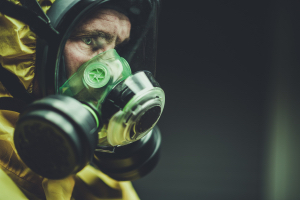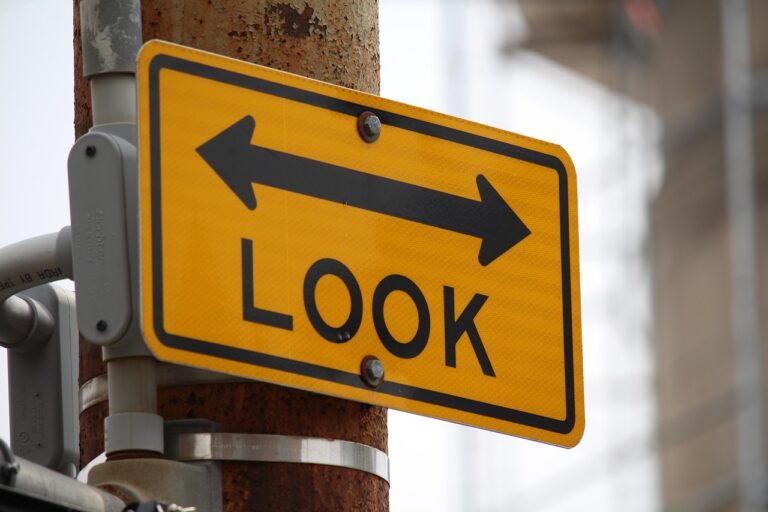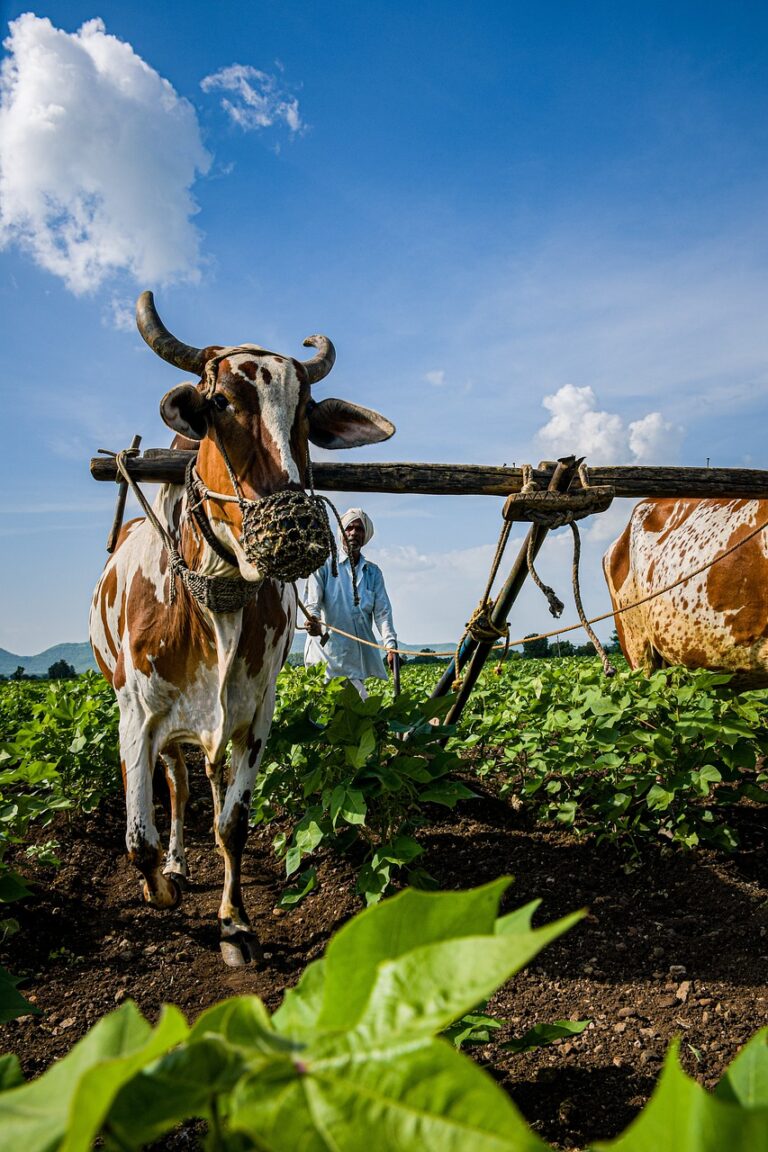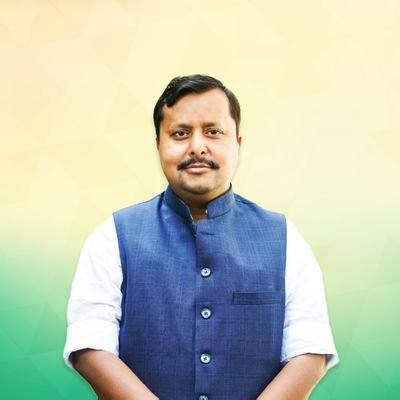
“Cholera, Ebola, COVID-19 and Monkeypox are reminders of the life-saving power of vaccines”
Beirut/Geneva: Lebanon is now suffering a severe outbreak after nearly 30 years without cholera. Since the first case was confirmed just over one month ago, the outbreak has spread across the country. There are now more than 2,700 cases, with 18 deaths.
Yet, Lebanon is only the latest in the list of 29 countries to be affected by cholera which is spreading at a time when the number of weekly cases of monkeypox reported to the World Health Organization (WHO) declined 80% from the peak in August, although there was a small rise last week, with 19 countries reporting an increase. Even the COVID-19 cases have come down and were almost 90% less than in February of this year when weekly deaths topped 75,000. Just over 9,400 COVID-19 deaths were reported to WHO last week although WHO Director-General Dr Tedros Adhanom Ghebreyesus warned that testing and sequencing rates remain low globally, vaccination gaps remain wide, and the continued proliferation of new variants remains concerning.
The Ebola cases in Uganda have thus far been reported from eight different districts, with 53 confirmed and 21 probable deaths. So far, 62 patients have recovered there.
The cholera outbreak reflects the ongoing economic crisis in Lebanon, with poor access to safe water and sanitation services, the World Health Organization (WHO) seeks US$10.2 million to support its response to the outbreak in Lebanon. WHO has already supported the Minister of Public Health of Lebanon to secure a critical shipment of 600 000 doses of cholera vaccine from the International Coordination Group (ICG) managing the global supply of cholera vaccines.
The vaccines were delivered today to the Ministry of Public Health’s Central Drug Warehouse for use during a vaccination campaign to be launched on Saturday, 12 November 2022. The campaign will target all refugees and host communities aged 1 year and above, aiming to reach 70% of the target population with a weekly target of administering 200 000 doses over the coming three weeks.
WHO is covering the full cost of the 600 000 doses from the ICG, which manages the global oral cholera vaccine stockpile, and is providing technical guidance on the selection of target areas, development of micro plans and training of the implementing partners responsible for the vaccine deployment.
Dr Ghebreyesus said he was concerned that this outbreak has the potential to overwhelm the already fragile and strained health system. However, he conceded that’s not enough to protect all those at risk.
As it is, the global cholera vaccine stockpile is under huge pressure, with outbreaks in 29 countries around the world.
“Cholera, Ebola, COVID-19 and monkeypox are all reminders – if any were needed – of the life-saving power of vaccines. With vaccines, we have eradicated smallpox, pushed polio to the brink, and once-feared diseases like diphtheria, tetanus, measles and meningitis are now easily prevented,” the WHO D-G said.
And yet according to WHO’s latest Global Vaccine Market Report, published on November 9, 2022, most of the vaccines that are most important for responding to outbreaks of deadly diseases could face supply risks globally. Cholera is a perfect example.
Historically, vaccine supply has not kept up with demand, and it’s usually low-income countries that miss out. For instance, shortages and inequitable distribution of the human papillomavirus vaccine against cervical cancer mean that it has been introduced in 83% of high-income countries, but only 41% of low-income countries, even though they account for the greatest share of all cervical cancer cases globally.
Meanwhile, in middle-income countries, the affordability of vaccines is a significant barrier to access. Many pay as much – or even more – than wealthier countries for the same vaccines.
Although manufacturing capacity worldwide has increased, it remains highly concentrated, as the COVID-19 pandemic has demonstrated. Ten manufacturers provide 70% of the world’s vaccines. The global supply of the combination vaccine against measles, mumps and rubella is highly dependent on just two manufacturers.
There are no vaccines for many of the diseases that hit low-income countries hardest – like schistosomiasis and leishmaniasis – because there is no profit to be made. “The bottom line is that market dynamics are failing the world’s poorest and most vulnerable people,” Dr Ghebreyesus said.
WHO has called on governments around the world to
- Expand research and manufacturing outside its traditional centres
- Increase investment in, and oversight of, vaccine manufacturing and distribution, especially for vaccines that are developed with public funds
- Agree on rules to collaborate on sharing vaccines equitably when demand is high and supply is scarce.
“We’re also calling on the industry to invest in research on WHO priority pathogens, to improve transparency on pricing and capacity, and to facilitate technology transfer to manufacturers in low- and middle-income countries,” Dr Ghebreyesus said, asserting that “The right to health means the right to vaccines”.
– global bihari bureau





